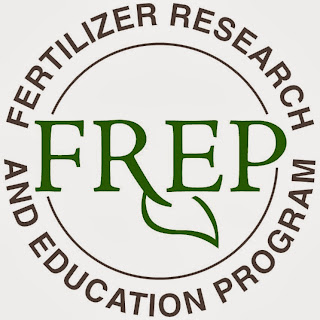RECAL EXPANSION for CALIF. MEAT PRODUCTS
- 30-lb. boxes of “Book Tripe”
- “Beef Carcasses”
- 50-lb. boxes of “Beef Feet”
- 20-lb. boxes of “Beef Oxtail”
- 50-lb. boxes of “Beef Hearts”
- 60 and 30-lb. boxes of “Beef Liver”
- 30-lb. boxes of “Beef Cheeks”
- 60-lb. boxes of “Beef Tripe”
- 30-lb. boxes of “Beef Tongue”












